The (eco)systemic challenges in AI
Introducing broader socio-technical and socio-ecological perspectives to the field of Artificial Intelligence
Workshop at HHAI’22
For too long, algorithms have been perceived as simply abstract and value-neutral artifacts. However, this is far from true nowadays, as these are embedded in the world we live in and deeply interconnected with our social, cultural, political, economical and environmental systems, both in terms of their underpinnings and their impacts. The aim of this interdisciplinary workshop at the Hybrid Human-Artificial Intelligence Conference is to put a spotlight on the need to introduce broader socio-technical and socio-ecological perspectives to the field of Artificial Intelligence (AI). We will leverage a Social-Ecological-Technical Systems approach considered in designing an algorithmic impact assessment process for a particular algorithmic system.
The objective of this workshop
To build a safe space to discuss together what it takes to put humans and ecology at the epicenter of developing AI technology. Firstly, by going beyond simply looking at ‘the algorithm’ or AI’s ‘turning knobs’ and instead engaging with the wider context and impact of these technologies, as well as with the assumptions with which these technologies are introduced in mainstream AI and policy discourse. Secondly, by brainstorming what is needed to build a framework that allows diverse stakeholders involved or affected by AI systems to evaluate and ensure these are built in ways that truly contribute to beneficial and sustainable outcomes for our social communities and planet, in the short and long term. From there, importantly, we hope to better understand more general lessons and approaches for how to put AI technology (if possible and desirable) at the service of the pressing social and ecological global issues we are experiencing.
Among others, we aim to discuss the following:
- What are current systemic challenges related to AI technologies in our societies and environment?
- How do AI communities tend to perceive these challenges and issues?
- How can a socio-ecological-technical systems lens help us understand these challenges more integrally?
Mapping various couplings between the technical, social and ecological, provides a ground to better reflect on our role as developers, scholars, policy makers, advocates, citizens. And to inform new modes of analysis and design that allow for pluralism. Here we turn our attention to what we can learn from the recent history in environmental justice. Based on a more integral and plural understanding of systemic challenges related to AI systems, what mechanisms or structures could we lean on to mitigate systemic risks and negative consequences? And perhaps as a starting point: What mechanisms or structures could help to steer the discourse away from technocentrism towards a more holistic and systemically responsible discourse that is both critical and constructive? If so, what incentives are needed to build broader forms of solidarity towards such changes? In particular, what does this mean for research?
This workshop is open to everyone and does not intend to be a one-off event. Our long term plan is to create an interest group around these topics, learning from each other and building a community that can, together, replace techno-centric perspectives with socio-ecological-technical ones.
Key Dates
- Workshop Day: Tuesday June 14th 2022 (2.00-5.30pm), virtually and in person (HHAI, Vrije Universiteit Amsterdam)
Speakers
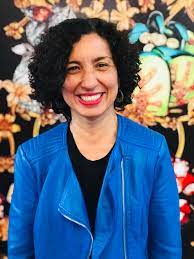 |
 |
| Paola Ricaurte Tecnológico de Monterrey & Harvard Paola Ricaurte is an Associate Professor in the Department of Media and Digital Culture at Tecnológico de Monterrey and a Faculty Associate at the Berkman Klein Center for Internet & Society at Harvard University. With Nick Couldry and Ulises Mejías, co-founded Tierra Común, a network to promote reflection on data colonialism from the global south. She is a member of the Alliance for Inclusive Algorithms and the Feminist Artificial Intelligence Research Network, FR. Her work focuses on the critical study of digital technologies from a decolonial and feminist perspective. Her research seeks to impact the development of policies and technologies by critically analyzing the implications of current ethical, economic, and political frameworks. She is interested in broadening the discussion about the social dimension of technology, its relationship to the environment, cultural diversity, and the plurality of knowledge. |
Becky Kazansky The Engine Room Becky Kazansky is a scholar and practitioner focused on advancing data justice. She is the Research Lead at The Engine Room, overseeing research across the organization and leading a project exploring intersections between digital rights and climate and environmental justice. Becky holds a PhD in media studies and political science from the University of Amsterdam, where she is currently a visiting researcher. Her academic scholarship is focused on the critical study of risk and anticipation in the context of surveillance, security, and climate change. She explores how civil society can upend hegemonic logics around prediction and the future(s). |
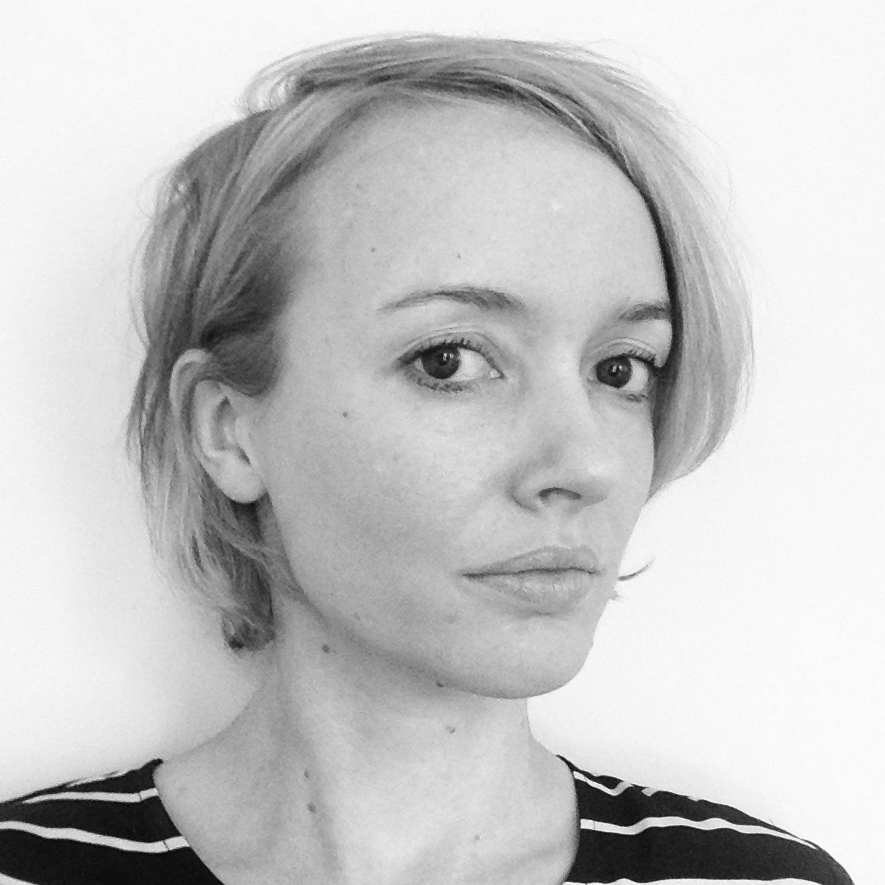 |
 |
| Tega Brain New York University Tega Brain is an artist, environmental engineer, and researcher whose work intersects art, ecology, and engineering. As an artist, she makes dysfunctional devices, eccentric infrastructures and experimental information systems. She is an Assistant Professor at SUNY Purchase and holds degrees in environmental engineering and fine arts. She also contributes to open source software initiatives of the Processing Foundation. Her current research addresses the relationship between computational systems and the environment. Her first book, Code as Creative Medium, is co authored with Golan Levin and published with MIT Press. |
Lina Constantinovici Innovation 4.4 Lina Constantinovici is the Founder and CEO of Innovation 4.4, an organization focused on accelerating innovation needed to achieve the UN SDGs, with three oceans focused initiatives – an Oceans Prize, an Oceans Funders Knowledge Platform, and Ocean Technology Showcases for governments and corporations. Lina also serves on the Advisory Board of the United Nations Association San Francisco Chapter. Lina has spent the past 15 years building impact solutions as an innovator, entrepreneur, investor, family office and sustainability advisor. Lina has evaluated over 6,000 technologies, advised several hundred startups, and cofounded several. Lina is the Founding Co-Chair of the NEXUS Global Impact Investing Working Group, catalysing next generation investment capital. In 2013, Lina received the NASA/SSV Award in the Showcase of Solutions for Planetary Sustainability for Startup Nectar, the first in the world biomimetic technology incubator that she founded. |
Organizers
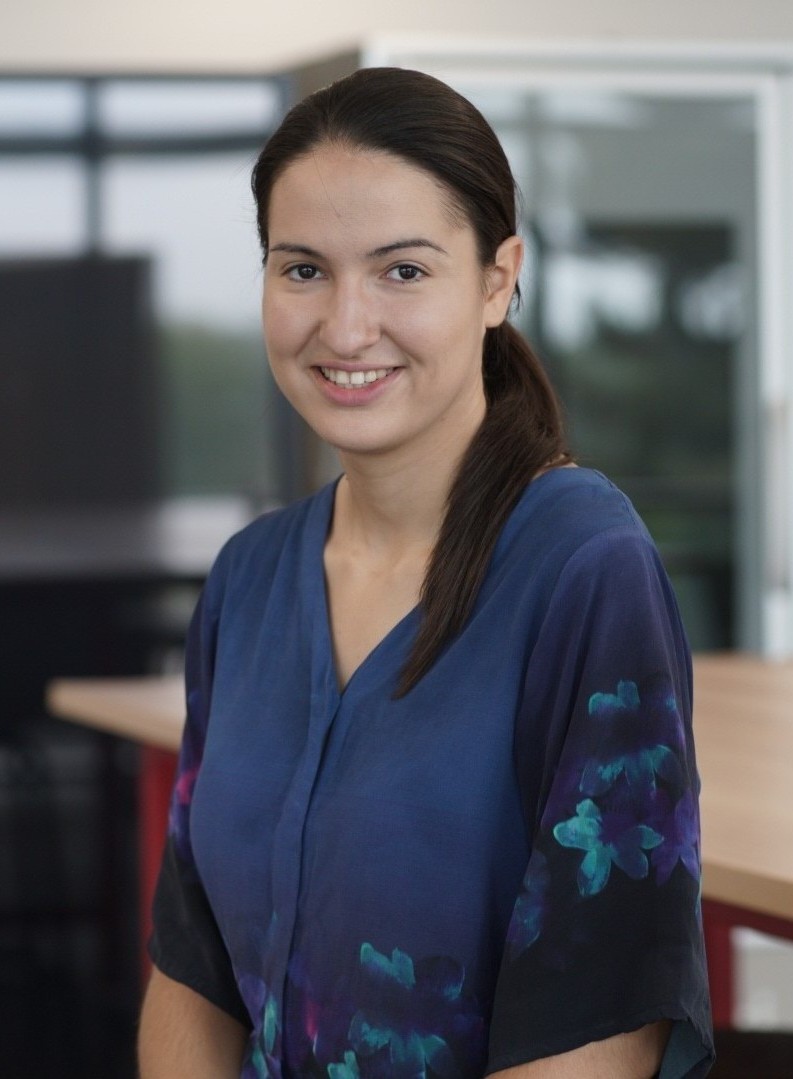 |
 |
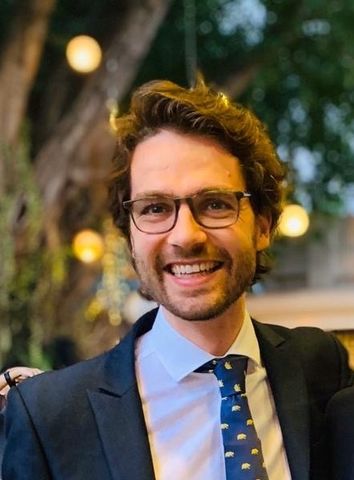 |
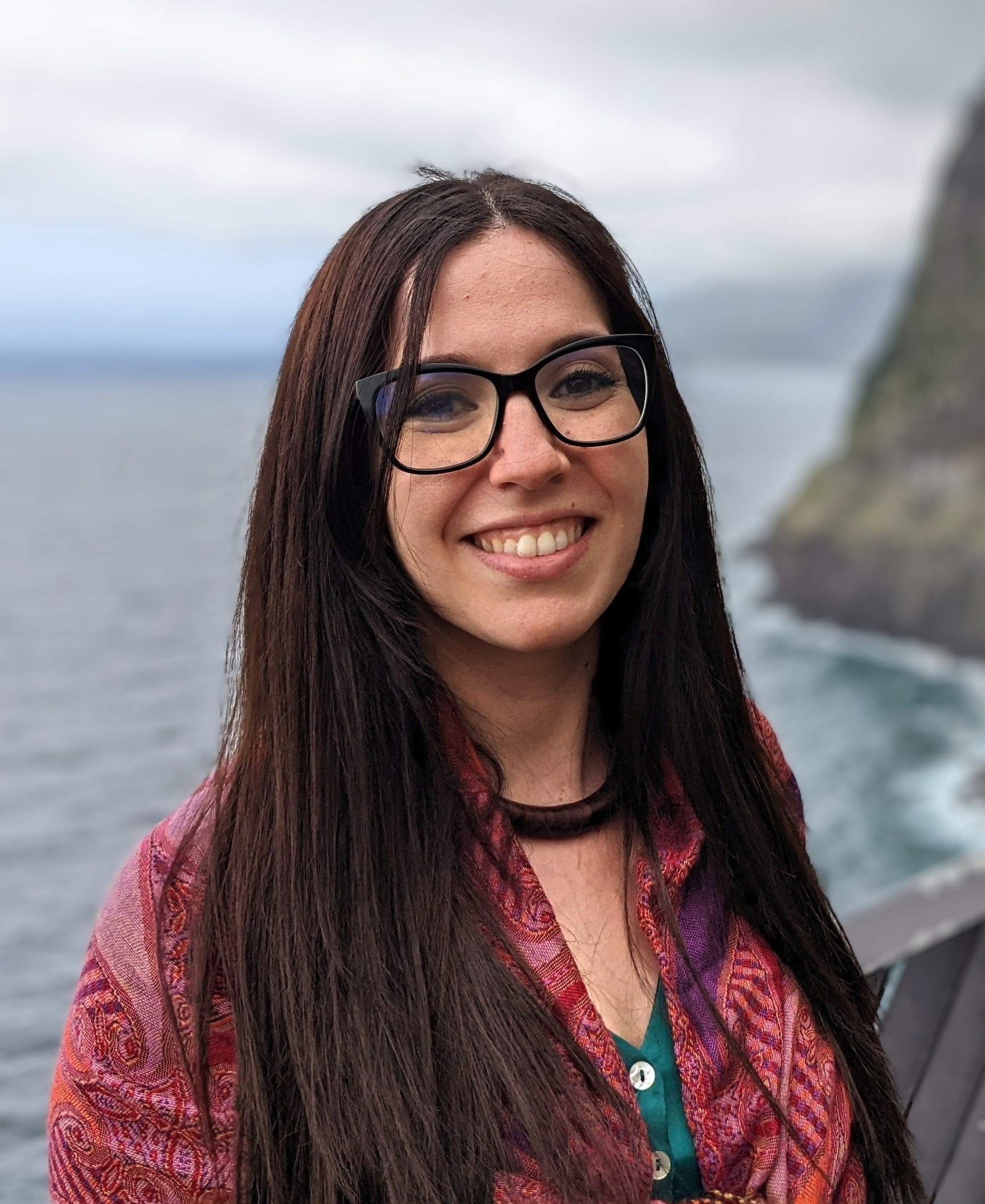 |
| Bogdana Rakova Mozilla Foundation Bogdana is a Senior Trustworthy AI Fellow at Mozilla Foundation. Her work investigates the complex issues at the intersection of people, trust, transparency, accountability, environmental justice, and technology. She has led AI impact assessment projects driven by futures frameworks that enable new models of AI and data governance in multiple industries. |
Ana Valdivia King's College London Ana is a Postdoctoral Researcher at King's College London (ERC Security Flows) where she explores how algorithms are impacting on non-privileged subjects from a technical, political and legal perspective. Her interest lies in investigating power relationships in algorithmic governance and how public and private actors are fueling the future with AI. |
Roel Dobbe Delft Univ. of Technology Roel is an Assistant Professor working at the intersection of engineering, design and governance of data-driven and algorithmic control and decision-making systems. His research addresses the integration of data-driven technologies in societal infrastructure and institutions, with a focus on safety, sustainability and justice. |
Maria Perez-Ortiz University College London Maria's work aims to develop responsible AI models with an interdisciplinary perspective and connections to social and environmental sustainability. She is Assistant Professor at the AI Centre at UCL, where she is also working on bringing sustainability topics to computer science students. Maria also writes poems on tech and sustainability, see The future of AI is female. |
Contact
For any question or suggestion, please contact us at: maria.perez@ucl.ac.uk